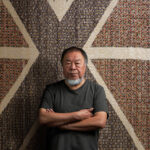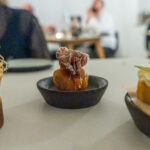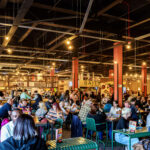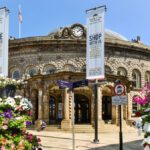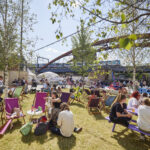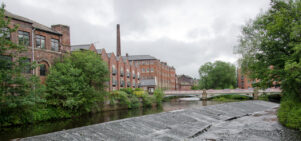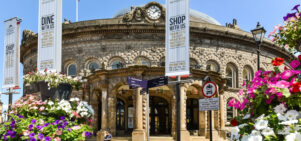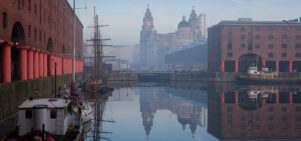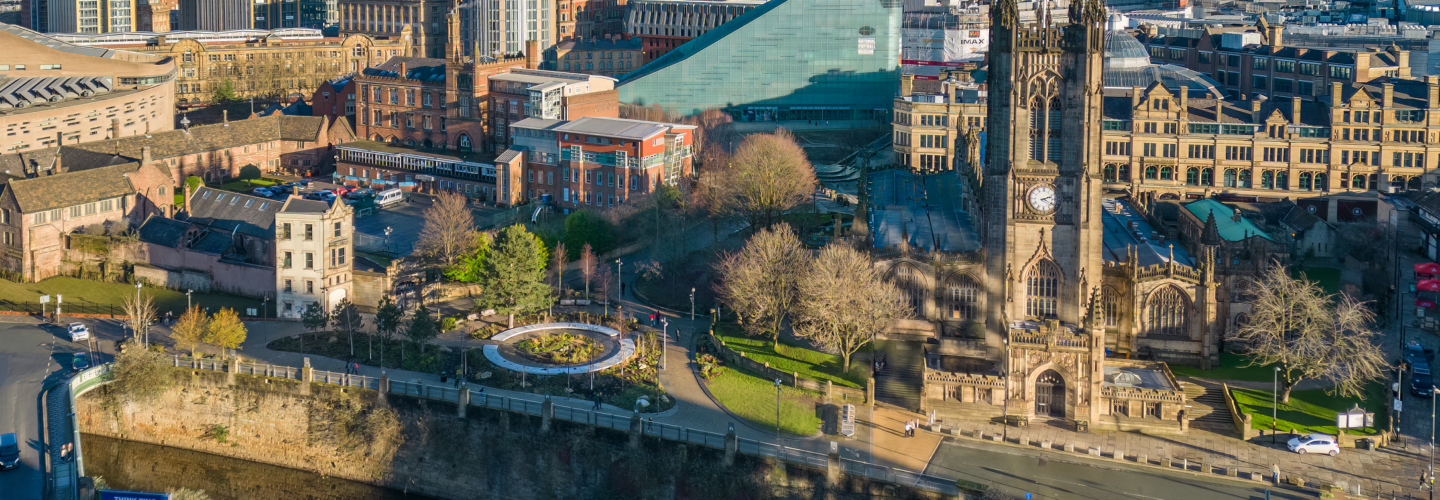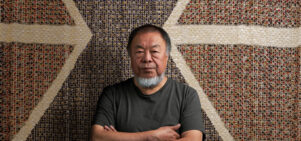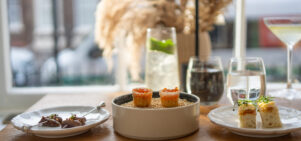Dance, dance, dance.
Kevin BourkeNext week, the traditional Northern Ballet version of The Nutcracker opens on the same night as Matthew Bourne’s much more radical ballet Cinderella. Both will probably sell out. Has ballet become mainstream? Kevin Bourke investigates.
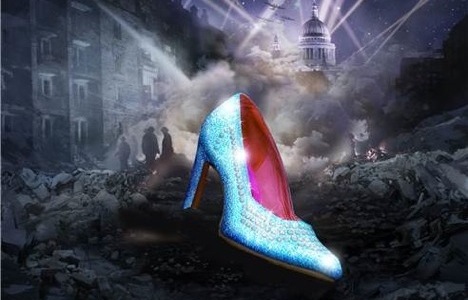
Dance is immensely popular at the moment. If you doubt that statement, just look at the queue of coaches outside The Lowry whenever a company who might once have been thought difficult or solely the preserve of the aficionado, such as Rambert or Matthew Bourne’s New Adventures, are performing. In part, that’s because of The Lowry’s dedication to bringing the best international and homegrown dance to the area. But there’s also the popularity of a certain TV show to take into account. Matthew Bourne, for one, is in no doubt that Strictly Come Dancing has helped dance to become so widely accepted.
‘I love it, I never miss an episode,’ he says. ‘I think it makes people at home realise that they can dance, so they get up and go out and give it a go. Dance is on television in a way it simply wasn’t before.’ Once upon a time, he remembers, befuddled or annoyed patrons walked out of his groundbreaking (but not all-male, as is often said) production of Swan Lake. Now it’s a huge international success, one of more than half a dozen of Bourne’s shows constantly on the go somewhere in the world.
‘For a long time, I worked in a small-scale way doing my own productions,’ he says. ‘Then I did Nutcracker and that got me an Arts Council grant to do Swan Lake. I took on a classic and I had no idea how it would work out. I think it’s become as famous as the traditional Swan Lake. And now we have the biggest advance ticket sales for Cinderella we have ever had.
‘I do think of the audience when I am choreographing a show,’ he says. ‘I don’t mean dumbing down. I mean capturing the storyline and making the audience feel something. Some people have never been to the ballet before and I’m trying to make it as simple and as accessible as possible.’
Meanwhile, Northern Ballet Theatre’s David Nixon positively celebrates the traditional nature of its production of The Nutcracker, complete with The Dance Of The Sugar Plum Fairy, which has become something of a staple in their repertoire since it debuted in 2008.
‘The Nutcracker is a celebration of classical ballet technique,’ says the artistic director. ‘The technical ability of our dancers has evolved and we possess a company that makes this production something really special. At the same time, the tradition of The Nutcracker at Christmas is tremendously strong. The sense of families sharing Christmas time contributes greatly to its popularity. ‘People like to return to The Nutcracker because it reminds them of childhood, and that magical time when your dreams can become reality.’ Fair enough – but who would ever have dreamed that Anne Widdecombe could become a nation’s dancing sweetheart?
Northern Ballet’s The Nutcracker, The Palace Theatre, 23-27 November, £26-£34.50. Matthew Bourne’s Cinderella, The Lowry, 23-27 November, £15-£35. Image: Cinderella, courtesy The Lowry.


